2023, Saskatoon, Saskatchewan, Canada
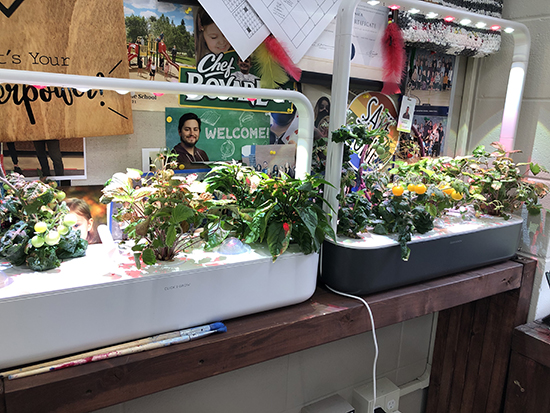
Kobe, Oliver, David, and Meaghan are from St. Augustine School in Saskatoon. Their project focused on hydroponic gardening. They wanted to show the benefits of growing your food instead of buying it from stores. With their hydroponics, they have been able to grow tomatoes, lettuce, and strawberries. They used their plants to support garden boxes at their school. They have even produced a few yields of fruit and vegetables that St. Augustine students were able to make into a delicious meal. Kobe, Oliver, David, and Meaghan hope that people will “Go Green” with an eco-garden.
-
Sustainable Development Goals:
- Goal 2- No Hunger
- Goal 12- Responsible Consumption and Production
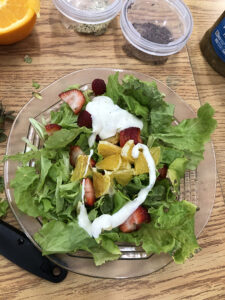
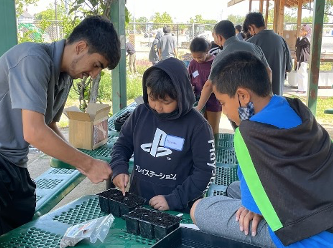
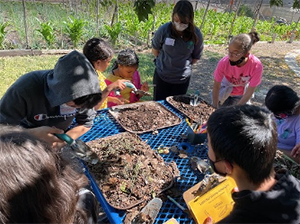
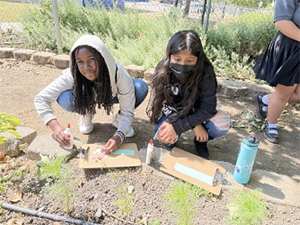
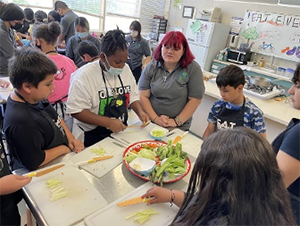
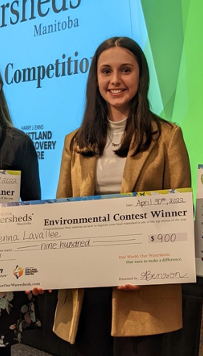

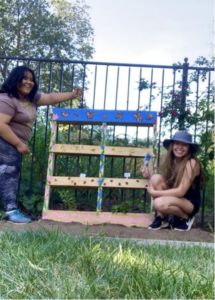
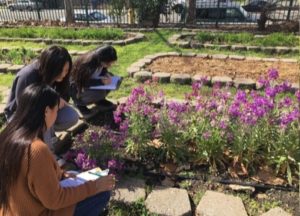
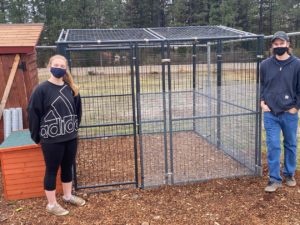
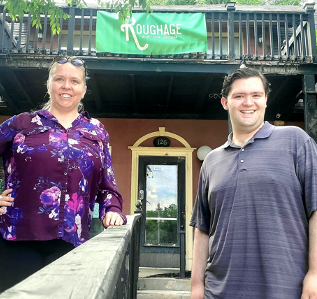
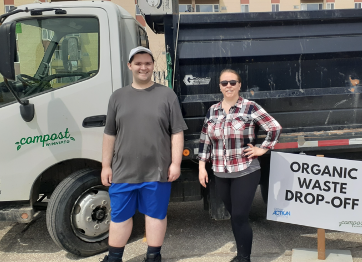



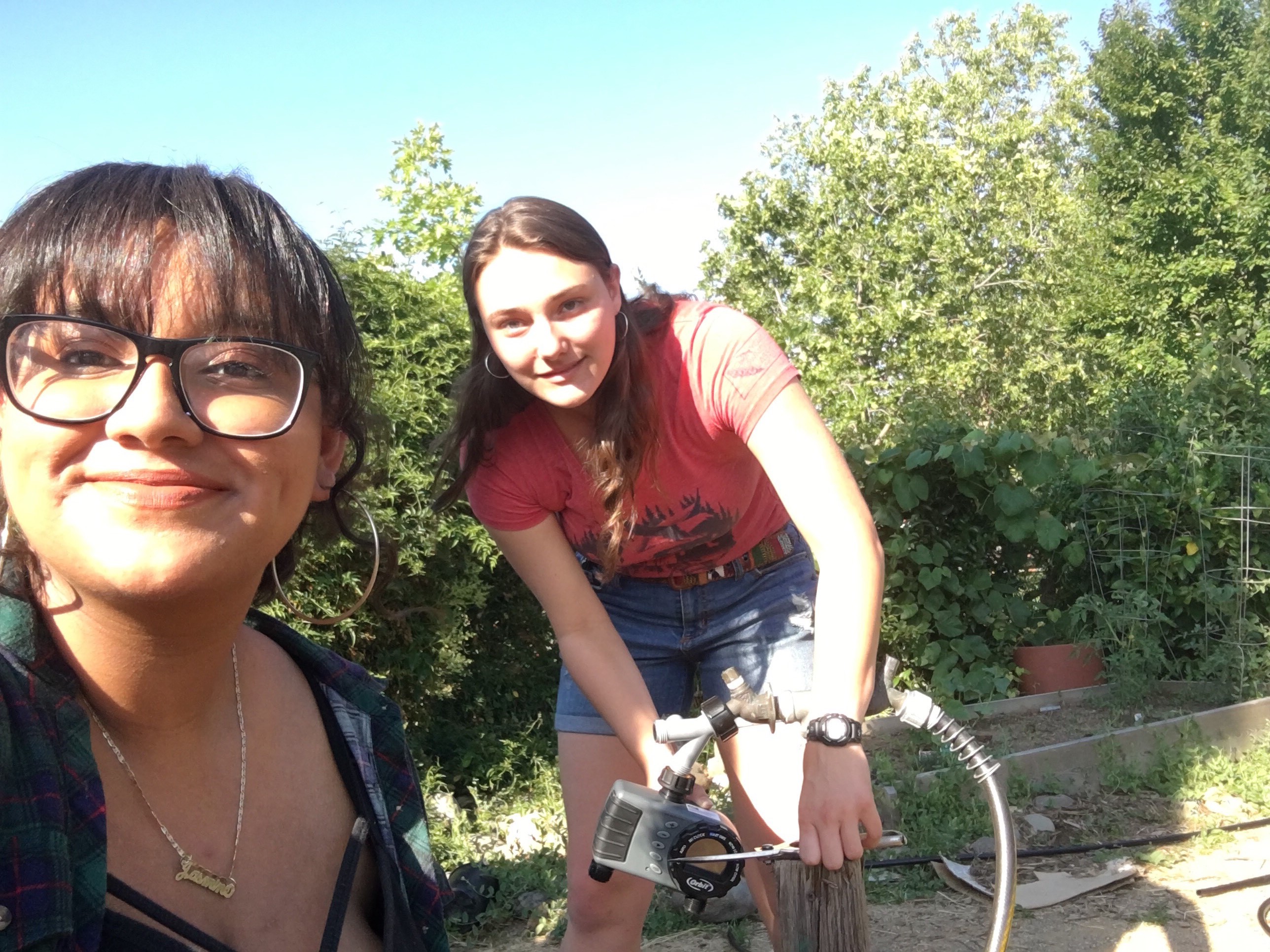
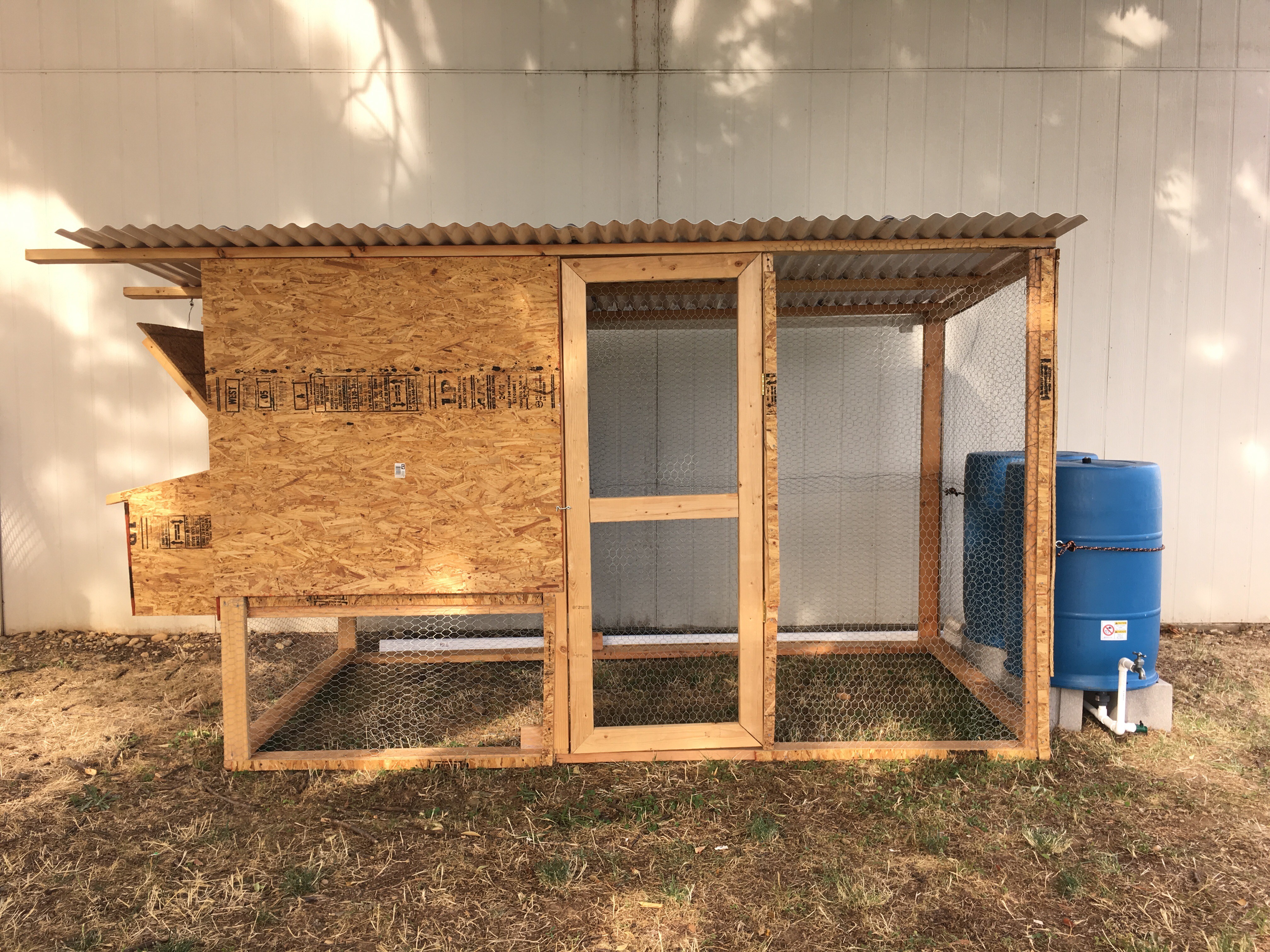
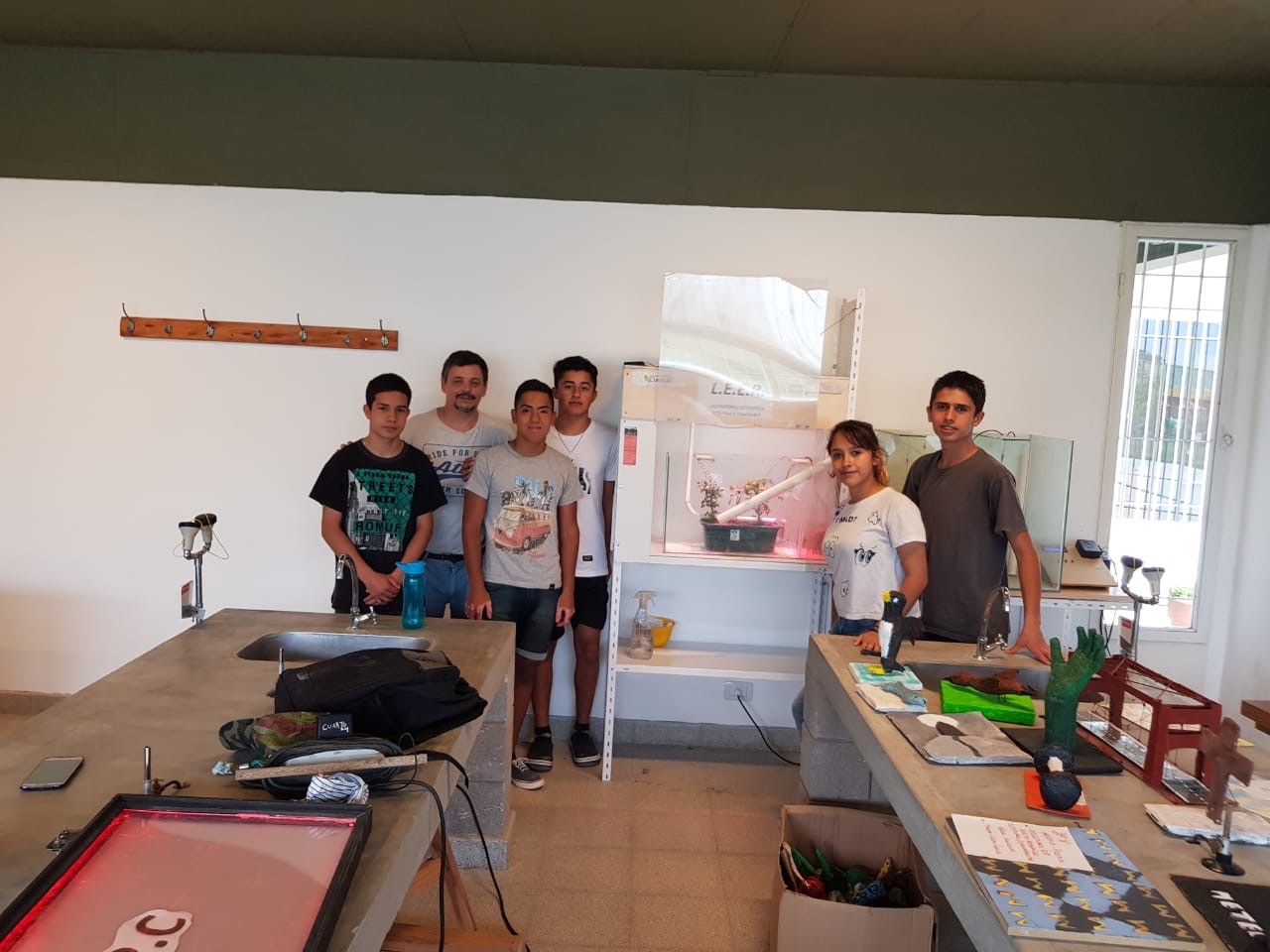 2018 Carmen de Areco, Buenos Ares, Argentina
2018 Carmen de Areco, Buenos Ares, Argentina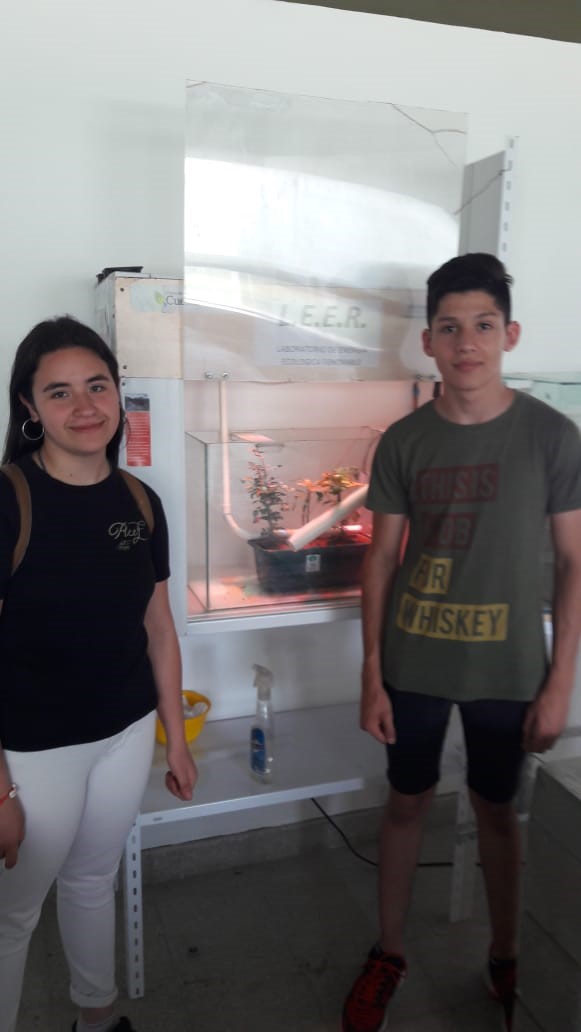 This project combines other CFW projects; they used arduinos system and the idea of the 2017 winning project “smart light” that manages the light intensity and the day / night duration. They are using renewable energy, solar photovoltaic, solar thermal peltier cells and the whole system is robotic and managed by arduinos. They have humidity, co2, and intensity sensors and different types of luminosity.
This project combines other CFW projects; they used arduinos system and the idea of the 2017 winning project “smart light” that manages the light intensity and the day / night duration. They are using renewable energy, solar photovoltaic, solar thermal peltier cells and the whole system is robotic and managed by arduinos. They have humidity, co2, and intensity sensors and different types of luminosity.